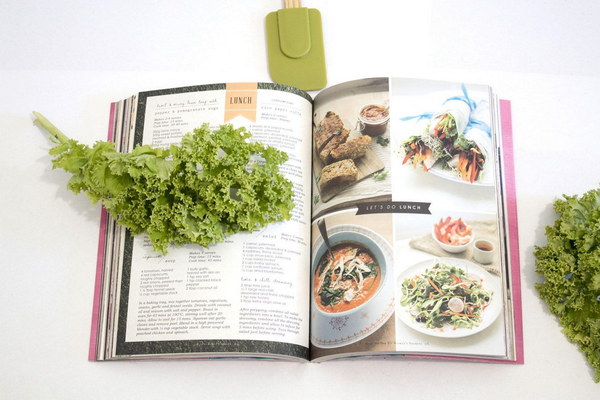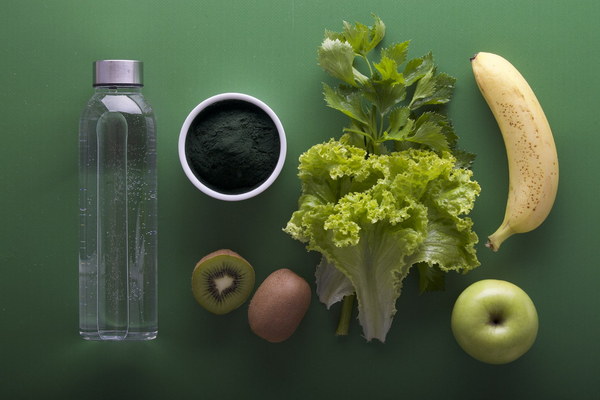Naturally Clearing Heat, Drying Dampness, and Relieving Cough A Comprehensive Guide to Traditional Chinese Medicine for Wellness
In the realm of Traditional Chinese Medicine (TCM), the concept of balancing the body's Yin and Yang is fundamental to achieving health and well-being. One of the most common imbalances that can occur is the accumulation of Heat, Dampness, and Phlegm, which can lead to a range of symptoms such as coughs, fevers, and general discomfort. This article will explore how TCM addresses these issues, focusing on natural remedies to clear heat, dry dampness, and relieve cough.
Understanding Heat, Dampness, and Phlegm
In TCM, heat, dampness, and phlegm are considered to be pathological factors that can disrupt the body's harmony. Heat can arise from internal or external sources and is often associated with inflammatory conditions. Dampness, on the other hand, is a substance that can accumulate in the body due to overconsumption of cold, damp foods, or exposure to cold, wet environments. Phlegm is a more tangible substance that can result from the body's inability to process dampness properly.
Symptoms of Heat, Dampness, and Phlegm
The symptoms of an imbalance in these factors can be quite varied but often include:
- Persistent cough with thick, yellow phlegm
- Feeling of heaviness or congestion in the chest
- Headaches
- Fatigue
- Discomfort or pain in the limbs

- Foul-smelling sweat or body odor
- Bitter or heavy taste in the mouth
Traditional Chinese Medicine Approaches
To address these imbalances, TCM employs a variety of natural methods, including herbal remedies, dietary adjustments, and lifestyle changes.
Herbal Remedies
TCM utilizes a wide range of herbs to address heat, dampness, and phlegm. Some commonly used herbs include:
- Scutellaria baicalensis (Huang Qin): Known for its cooling properties, it is often used to clear heat from the body.
- Alisma orientalis (Ze Xie): This herb helps to drain dampness and reduce swelling.
- Pinellia ternata (Ban Xia): It is used to resolve phlegm and relieve coughs.
- Atractylodes macrocephala (Cang Zhu): This herb is effective in drying dampness and strengthening the spleen.
These herbs are often combined in formulas tailored to the individual's specific needs and symptoms.
Dietary Adjustments
Diet plays a crucial role in TCM, and specific dietary recommendations can help to clear heat, dry dampness, and resolve phlegm. For example:
- Reduce Heat: Avoid spicy, fried, and overly sweet foods that can exacerbate heat in the body.
- Dry Dampness: Eliminate cold and raw foods that contribute to dampness accumulation.
- Resolve Phlegm: Minimize dairy products, sugar, and foods that are difficult to digest, as they can produce excess phlegm.
Lifestyle Changes
Lifestyle adjustments are also vital in TCM. These may include:
- Regular Exercise: Moderate physical activity can help to improve circulation and reduce dampness.
- Adequate Rest: Ensuring sufficient sleep is important for the body to repair itself and restore balance.
- Mindfulness Practices: Techniques such as meditation and yoga can help to manage stress, which can contribute to the development of heat, dampness, and phlegm.
Conclusion
While Western medicine may focus on symptom relief through medication, TCM takes a holistic approach to healing by addressing the root causes of imbalances. By using natural remedies like herbal medicine, dietary adjustments, and lifestyle changes, TCM offers a path to wellness that can help clear heat, dry dampness, and relieve cough. Whether through the guidance of a TCM practitioner or through self-care practices, integrating these principles into one's daily life can lead to a more balanced and healthy existence.









